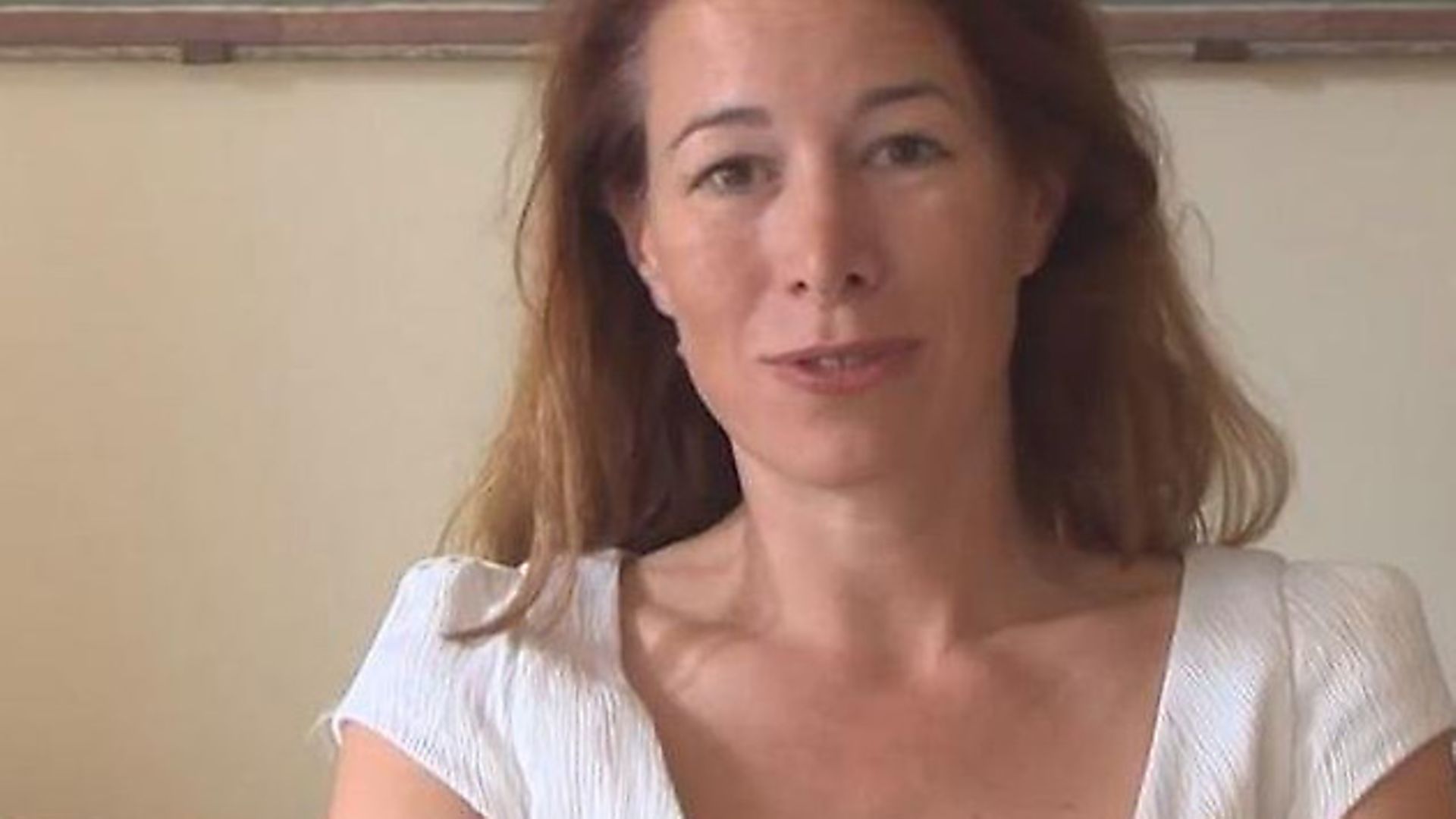
The tragic drowning of French philosopher Anne Dufourmantelle while trying to rescue two stricken children has prompted tributes from across the globe.
Michel de Montaigne once wrote an essay arguing ‘that to philosophise is to learn to die’. By reflecting on our finitude and the human predicament, he said philosophy teaches us both to accept death, and to meet it in the right way – or at least not to fear it.
Until reading of her death, I’m ashamed to say I was largely unfamiliar with the French philosopher and psychoanalyst Anne Dufourmantelle. Very little of her work has been translated into English.
Much of her writing, though, has been about risk and its inevitability, a topic that seems particularly poignant in the light of how she died. Indeed, her death seems to have been consistent with her philosophy, an illustration of it almost, something that few of us will achieve.
‘The idea of absolute security – like ‘zero risk’ – is a fantasy,’ Dufourmantelle told the French newspaper La Liberation in a 2015 interview. ‘When there really is a danger that must be faced in order to survive, as for example during the Blitz in London, there is a strong incentive for action, dedication, and surpassing oneself.’
On July 21 Dufourmantelle was on the beach at Pampelonne, described as ‘St Tropez’s crown jewel of beaches’ – three miles of white sand and bordered by dunes. When she saw two children, aged around 10, one the son of a friend, struggling some 50 metres away in the sea, she swam towards them as hard as she could. The orange warning flag had been changed to red, indicating real danger for swimmers. High winds and strong currents combined to make the sea treacherous.
Dufourmantelle never made it to the children. Her body was recovered, but all attempts to save her were in vain – she’d had a cardiac arrest. The children, were more fortunate: they were saved by lifeguards.
Since the death of Socrates some 2,500 years ago, how philosophers die has been thought important, a kind of test of sincerity. Socrates calmly drank the poison hemlock, the punishment meted out to him for corrupting the youth of Athens, and for worshipping unorthodox gods, and in the process guaranteed a kind of immortality for himself because he followed his conscience, and chose not to flee.
Suicide was then seen as putting the power in the hands of the individual, giving him or her power over death and its meaning. Of course, the reality is different.
Seneca tried to emulate Socrates’ stage-managed exit when compelled by Nero to commit suicide, but things didn’t go as planned: the hemlock didn’t kill him, and he slit his wrists. When that didn’t work either, Seneca went into a steam room, where the vapours finally overcame him. His last words, which he’d carefully dictated for posterity, haven’t survived.
In contrast, in the 18th century, David Hume, at least an agnostic and probably an atheist in an age of devout belief, made a point of equanimity as he lay on his deathbed, despite James Boswell’s desperate attempts to get him to reveal a fear of damnation. In a sense Hume performed his death, and he did it with panache, knowing that it would be widely reported.
When Roland Barthes died in Paris after being knocked over by a laundry van as he crossed the Rue des Écoles, commentators sought the semiotic significance of the accident. Every philosopher’s death seems to have a meaning, but few get to control what that meaning is.
Of the many ways that it is possible to die today, losing your life while trying to keep children from danger must rank as a good way, and though Dufourmantelle’s death is a tragedy, it is meaningful and moving. To attempt a rescue in dangerous waters was an act of great courage and selflessness.
That she died in the process was a risk that she took, though probably not a conscious one. This wasn’t an act of self-sacrifice so much as a concerned adult’s desperate attempt to save children in peril. It is what we hope we would do in similar circumstances, regardless of our relation to the children.
It would be nice to think that a background in philosophy prepared Dufourmantelle, and would prepare anyone for this sort of virtuous behaviour, but that would probably be wishful thinking. Eric Schwitzgebel has carried out extensive research on the behaviour of professional philosophers, and found them be no more likely to behave morally than other people.
Ethics books are the ones most frequently stolen from university libraries, and The London Review of Books bookshop recently revealed that the most frequently stolen books from their shelves were by Baudrillard, Freud, and Nietzsche, with Lacan and Camus not far behind.
Yet perhaps in this case, Dufourmantelle’s philosophising about risk really did indeed prepare her to take that chance in the waters off Pampelonne beach for the sake of those children. She once declared that ‘being alive is a risk’. In which case her philosophy did indeed teach her how to die.
Nigel Warburton is the author of A Little History of Philosophy and host of the Philosophy Bites podcast. He tweets at @philosophybites










